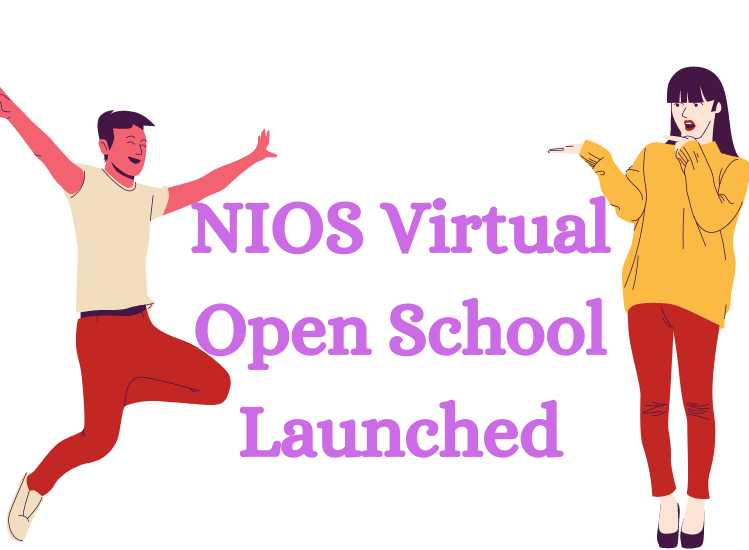Dharmendra Pradhan today established an online platform for virtual schooling with the goal of improving learning outcomes by providing cheap, world-class education.
NEW DELHI: The Ministry of Education’s Department of School Education and Literacy today opened the Virtual School of NIOS, which will provide sophisticated digital learning platforms for students in Classes 9 to 12 through virtual live classrooms and labs.
Dharmendra Pradhan, the education minister, also released an accomplishment booklet and NCERT’s alternate academic calendar 2021-22 to mark one year of the National Education Policy’s implementation (NEP 2020). “NEP is a philosophical manifesto, not about statistics or figures,” Dharmendra Pradhan stated during the conference.
Education is not about obtaining degrees, but rather about developing character and nationhood via the acquisition of information. This is how we interpret the Indian knowledge system.” “Education is not just a race to obtain degrees,” Pradhan added, “but it is a vehicle to harness information for character building and ultimately country building.”
He emphasised that the government is striving to improve school infrastructure, such as ensuring that Internet access is available in all rural schools across the country.
“NEP is a guiding concept for transforming the dreams and aspirations of millions of young people into reality and making India self-sufficient, and its formulation is also a live example of co-operative federalism to achieve a common objective of making India a worldwide knowledge hub.”
“When we look back on NEP’s development, we get more optimistic about our students’ futures, he continued. He went on to say, “While expanding on the advantages of the NIOS Virtual School,” “This school is a new learning paradigm that demonstrates how utilising technology and innovation can help to increase educational inclusiveness. The school will deliver sophisticated digital learning platforms through Virtual Live Classrooms and Virtual Labs, making it a first-of-its-kind effort in the country.
“Over the last 75 years, some good policies have been hidden in the archives, never to be enacted.” But we’re giving a type of NEP report card — what we’ve accomplished in the last year,” he continued. “Class 9 to 12 will have the opportunity to attend the virtual school,” said Anita Karwa, secretary of the school education and literacy department. Everything will be done online, including instruction and assessment.”
The Virtual Open School of the National Institute of Open Schooling (NIOS) was established with the goal of providing inexpensive, world-class education to NIOS students in order to improve learning outcomes and prepare them to tackle the challenges of the digital era. The entire education process for NIOS Virtual Open School students in Classes 9-12 will be conducted entirely online, including teaching, live interactive classes, recorded sessions, and videos, submission of tutor marked assignments (TMAs), assessments, and exams, and certifications to improve employability.
This programme will also assist in closing the gap between the lack of infrastructure and resources available to students from economically disadvantaged and historically marginalised communities. Even kids with special needs will be allowed to join and contribute to this project.
Virtual classrooms, labs, AI-based remote proctored examinations, and cyber security will all be part of the virtual education platform. Artificial intelligence, mobile technology, retail management, and cyber security are among the courses provided by the NIOS virtual open schooling. Students will have access to job boards and employment portals, as well as venture financing and the opportunity to become entrepreneurs, through the Virtual Open School.

